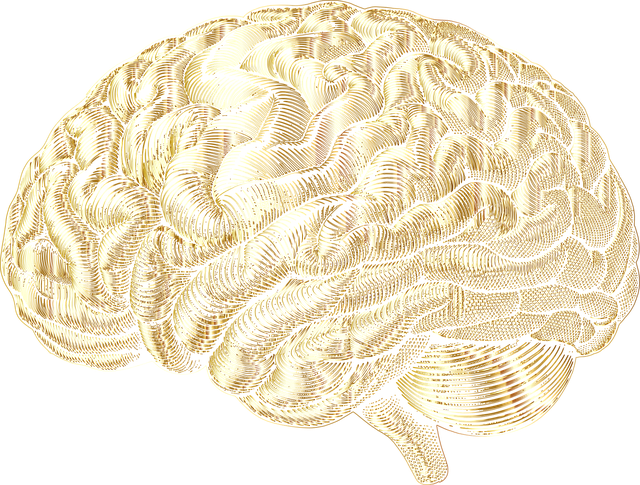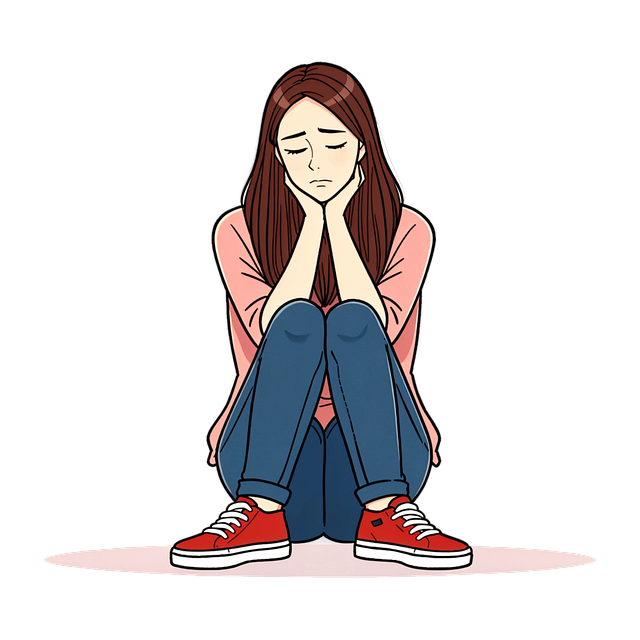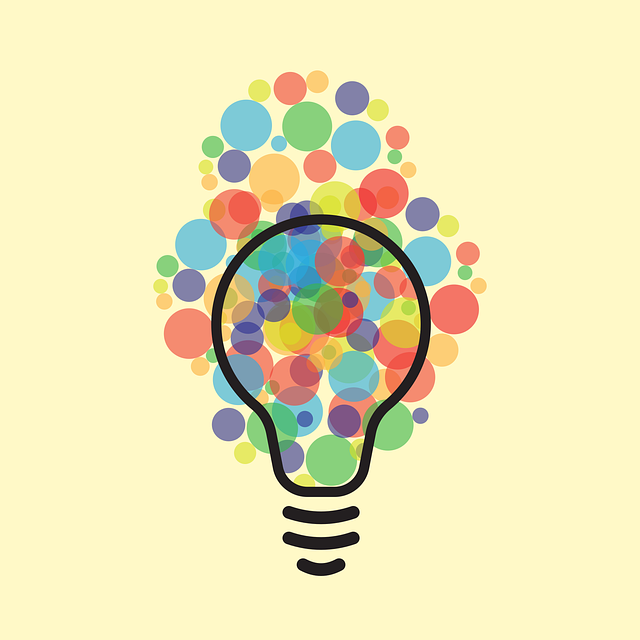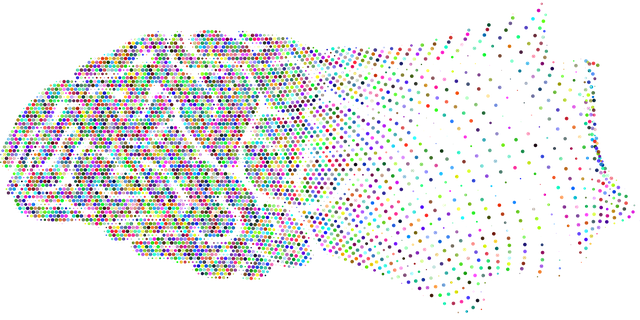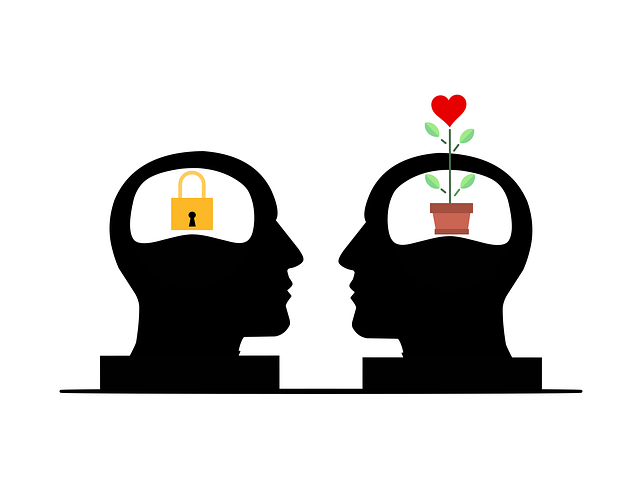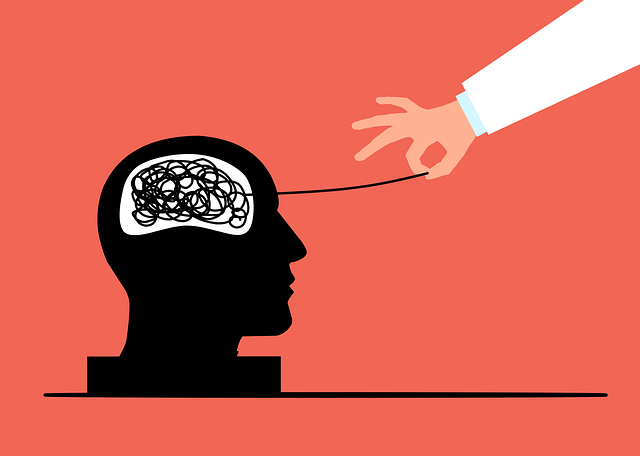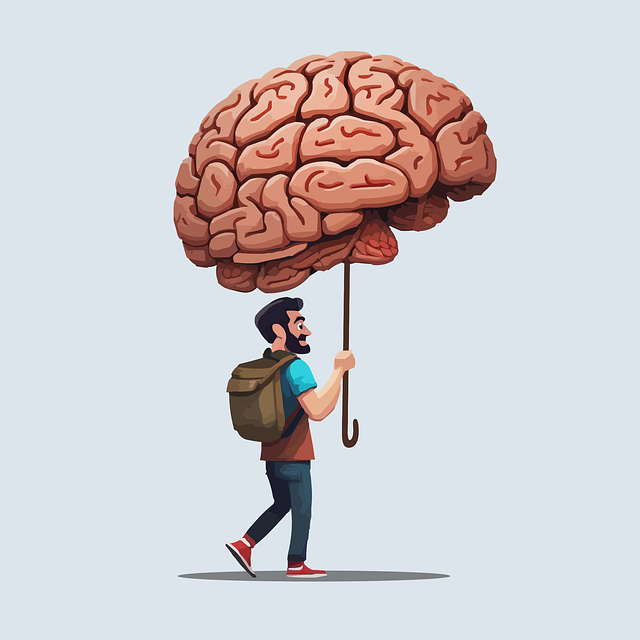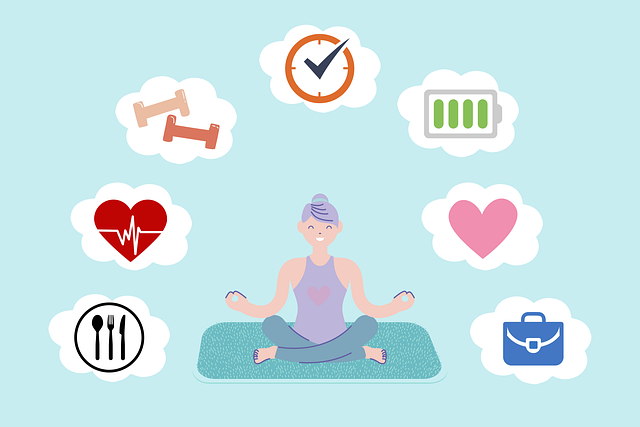Northglenn Sexual Dysfunction Therapy emphasizes creating safe spaces for mental wellness groups, focusing on open dialogue and active listening to empower members. Facilitators use emotional intelligence techniques to build non-judgmental environments where participants share experiences and learn coping mechanisms. Through interactive activities, peer learning, and compassionate cultivation, these groups reduce stigma, promote self-care routines, and improve sexual health. Regular evaluation ensures tailored support, tracking progress with self-assessments, peer feedback, and structured interviews, enhancing the overall effectiveness of Northglenn Sexual Dysfunction Therapy.
Mental wellness groups offer a powerful support system, fostering open dialogue and shared experiences. In this article, we explore effective facilitation techniques for these sensitive spaces, focusing on creating a safe haven for members. From understanding group dynamics to handling delicate topics like sexual dysfunction, we guide facilitators in Northglenn Sexual Dysfunction Therapy through each step. Learn strategies for engagement, interaction, and evaluation, ensuring successful outcomes for both the group and its participants.
- Understanding Mental Wellness Groups: Creating a Safe Space
- Group Dynamics: Facilitating Open Communication
- Techniques for Effective Facilitation: Engagement and Interaction
- Addressing Sensitive Topics: Sexual Dysfunction as an Example
- Measuring Success: Evaluation and Support Post-Group Sessions
Understanding Mental Wellness Groups: Creating a Safe Space

In facilitating mental wellness groups, creating a safe and supportive environment is paramount. This involves fostering an atmosphere where individuals feel comfortable expressing their experiences and emotions without fear of judgment or stigma. At Northglenn Sexual Dysfunction Therapy, we understand that group dynamics play a crucial role in mental illness stigma reduction efforts. By promoting open dialogue and active listening among members, facilitators can encourage self-care routine development for better mental health.
Mental wellness groups serve as powerful platforms for education and empowerment. Through well-designed programs, participants can learn about various aspects of mental health, including coping mechanisms and strategies to navigate life’s challenges. These educational components are integral to the overall mission of mental health advocacy, aiming to destigmatize mental illness and enhance individuals’ understanding of their own mental wellness journeys.
Group Dynamics: Facilitating Open Communication

In a mental wellness group setting, fostering open communication is an art that Northglenn Sexual Dysfunction Therapy practitioners must master to create a safe and supportive environment. Group dynamics play a pivotal role in facilitating healing and personal growth, and as a facilitator, your ability to encourage honest expressions can significantly impact the group’s overall well-being. By creating a non-judgmental space, where emotions are acknowledged and respected, participants feel empowered to share their experiences.
Emotional Intelligence and Emotional Regulation are key techniques here. Facilitators should model and promote active listening, empathy, and understanding, ensuring every member feels heard and validated. Mind Over Matter Principles can also be applied; guiding members to recognize how their thoughts and feelings influence their behaviors and encouraging them to challenge negative patterns. This open dialogue not only enhances emotional regulation but also fosters a sense of community, where individuals learn from one another’s experiences.
Techniques for Effective Facilitation: Engagement and Interaction

Effective group facilitation goes beyond simply guiding a discussion. Engaged and interactive sessions are key to fostering a safe and supportive environment where participants feel heard and valued, echoing principles of cultural sensitivity in mental healthcare practice. Incorporating diverse activities and encouraging active participation helps to build a sense of community while promoting emotional well-being.
Techniques such as open-ended questioning, role-playing scenarios, and group brainstorming sessions not only enhance coping skills development but also encourage peer learning. By facilitating meaningful interactions, facilitators can create an atmosphere that empowers individuals to share their experiences, offer support, and learn from one another. This dynamic approach aligns with Northglenn Sexual Dysfunction Therapy’s commitment to holistic treatment, ensuring each participant receives the individualized attention needed for emotional growth and improved mental wellness.
Addressing Sensitive Topics: Sexual Dysfunction as an Example

In facilitating mental wellness groups, navigating sensitive topics requires a delicate balance. An example pertinent to many individuals is sexual dysfunction, which can significantly impact one’s overall well-being and self-esteem. As a Northglenn Sexual Dysfunction Therapy provider, group facilitators must create a safe, non-judgmental space where participants feel comfortable sharing their experiences without fear of stigma or embarrassment. This often involves integrating compassion cultivation practices to foster empathy and understanding among members.
By incorporating these techniques, facilitators can help individuals develop a self-care routine for better mental health that addresses both the physical and emotional aspects of sexual well-being. Through open dialogue, education, and support, groups can become powerful platforms for reducing anxiety relief related to intimacy and promoting positive changes in perceptions and behaviors surrounding sexual health.
Measuring Success: Evaluation and Support Post-Group Sessions

Evaluating the success of mental wellness group sessions is a crucial aspect of facilitating meaningful progress among participants. After each session, facilitators should employ various evaluation methods to gauge individual and collective growth. This can include self-assessment questionnaires, peer feedback, and structured interviews that explore key topics discussed during the group. By collecting these insights, facilitators gain valuable information about the group’s dynamics, the effectiveness of their techniques, and specific areas where participants may require additional support or personalized care.
For instance, Northglenn Sexual Dysfunction Therapy groups can utilize post-session reflections to identify common challenges and strengths among members. This data can inform tailored strategies for addressing sexual health concerns, boosting confidence, and preventing burnout. Moreover, conflict resolution techniques learned during these sessions can be evaluated through role-playing scenarios or group discussions, ensuring that participants develop practical skills for managing interpersonal conflicts outside the therapeutic setting.
Mental wellness group facilitation is a powerful tool for fostering community and supporting individuals through diverse challenges. By creating a safe, inclusive environment as discussed in this article—from understanding group dynamics to engaging participants effectively—facilitators can encourage open communication and meaningful connections. This approach is particularly beneficial when addressing sensitive topics such as sexual dysfunction, as seen in the context of Northglenn Sexual Dysfunction Therapy. Through regular evaluation and post-session support, facilitators can ensure that groups not only provide immediate relief but also long-lasting positive impacts on mental wellness.

